20% off £30
How to get whiter teeth

A bright smile is a sign of health and, increasingly, is being seen as a symbol of wealth and success.
75% of people in the UK are now asking their dentists for teeth whitening treatments to make their teeth two shades whiter.
Of course, not everybody can afford or want to go down the route of getting teeth whitening procedures. It can be quite costly.
Some will risk it and go to beauty salons offering illegal whitening treatments while others may purchase DIY at home teeth whitening kits – both of which can be ineffective and potentially damaging to your teeth.
If you’re on a budget, there are dentist-approved oral hygiene products e.g. whitening toothpastes and other natural remedies out there to help you get the sparkling smile you’ve been longing for.
If you want to find out more, we will go through all the different options below – go on, get your teeth stuck in!
Why are my teeth yellow & stained?
There are many reasons why our pearly whites become less pearly and white, and identifying the cause can help you to choose the best tooth-whitening treatment. Here are the three main types of tooth discolouration:
- Extrinsic teeth stains: staining on the surface of the tooth caused by pigmented residue from food and drink building-up a film of protein on top of the tooth enamel. Typically caused by smoking, drinking coffee, tea, wine or cola. Whitening toothpastes and good oral hygiene should help to reduce this – you can always opt for professional teeth whitening after.
- Intrinsic teeth stains: staining below the surface of the tooth caused by stain-causing particles working through the exterior of the tooth and accumulating within the enamel. This is trickier to remove, so professional tooth whitening may be needed.
- Age-related teeth stains: a combination of both surface and below-the surface teeth staining. As we age, the core tissue of our teeth (dentin) naturally becomes discoloured. Pair this with thinning enamel and teeth can appear significantly stained. Of course, looking after your teeth well and opting for teeth whitening procedures can help reduce this.1
1. Professional whitening procedures for whiter teeth
What is teeth whitening?
Teeth whitening, aka teeth bleaching, is the process of bleaching your teeth to make them lighter.
‘Brilliant white’ may be hard to achieve, but teeth whitening should be able to lighten your teeth by several shades.
Who can perform teeth whitening?
The best teeth whitening method will always be performed by a dentist, or other regulated dental professional - like a dental therapist or dental hygienist – on prescription of a dentist.
When performed by a professional, teeth whitening treatments can be safe and healthy.
However, not everyone offering to whiten your teeth will be able to say the same thing.
You should be wary of beauty salons that offer teeth whitening procedures as it may put your oral health at risk - and is actually illegal if there is no dental professional involved!
The same goes for even the best at home teeth whitening kits on the market – some of which can carry serious risks to your dental health.
What are the most popular professional methods for whiter teeth?
If you’ve made the decision to go through with a teeth-whitening procedure, it will likely be one the of the following (both will require several visits to the dentist’s over a few months):
- Whitening gels: one of the most popular ways to whiten teeth is to use a teeth-whitening gel. First, your dentist will take and impression of your teeth, so they can make you a mouthguard. They teach you how to use it at home with a bleaching gel that you have to regularly apply for a specified time – usually 2-4 weeks. Some gels whiten teeth fast – the ones you can leave on for up to 8 hours – shortening the treatment period to just one week.
- Laser teeth whitening: also known as power whitening, laser whitening is another way dentists can brighten your smile. They paint a bleaching product onto your teeth and then shine a laser or a light onto them to activate the whitening. The whole process takes around an hour.
Can any dentist whiten my teeth?
Yes, as long as they’re registered with the General Dental Council (UK).
Registered dental hygienists and dental therapists can also perform teeth whitening procedures on the prescription of your dentist.
Find out if your dental professional is registered with the GDC on the online register or call 0207 167 6000.
Why are beauty salon teeth whitening treatments and home kits risky?
One of the most common faults of DIY teeth whitening kits, e.g. teeth whitening strips, is not having enough whitening product inside them to be effective!
To further the blow, kits requiring you to use a mouthguard will most likely be generic (one fit for all) and may not fit your mouth correctly – which may cause some of the bleaching gel to leak out.
If bleaching gel gets onto your gums and into your mouth, it may cause increased sensitivity and blistering.
Similarly, getting your teeth whitened by untrained staff without dental qualifications in beauty salons not only puts your oral health in danger – it is also illegal. It’s really not worth the risk!
Other natural methods for whiter teeth
Yes! The problem with some of the more mainstream teeth-whitening methods is that they rely on chemicals, bleach and acidic methods to strip your teeth, sometimes causing long-term damage to your tooth enamel. And these methods don’t appeal to everyone.
If you want to protect your teeth and get a whiter smile the natural way, here are our top natural teeth whitening tips:
2. Healthy habits for whiter teeth
The first step to whiter teeth is to protect them from stains in the first place:
Keep your calcium levels topped up
A healthy diet will help your body produce strong tooth enamel, so introduce more leafy greens (kale, spinach), cheese, almonds and sugar-free yogurts to your diet.
These foods contain plenty of calcium, which may help to protect your teeth from enamel erosion.
Tooth discoloration is sometimes caused by too much enamel being eroded away, which can expose the yellow-coloured dentin underneath.
Eat plenty of fruit and veg
Crunchy fruits and vegetables help your body keep teeth cleaner by promoting saliva production, which also helps to kill bacteria in your mouth.
Try apples, carrots and celery sticks as a healthy snack your teeth will love. Their fibrous texture can help to “scrub” stains from your teeth as you chew.
Strawberries contain malic acid, an enzyme which can help to keep your teeth whiter.
Keep a good oral hygiene routine up
A good tooth brushing routine at the correct time can make a big difference.
If you brush too soon before or after eating or drinking, you risk more staining to your tooth enamel.
Drink some water and leave at least 30 minutes between brushing your teeth and eating or drinking.
Avoid teeth-staining foods and drinks
Your much-loved cups of coffee, tea, fizzy drinks and red wine may be staining your teeth.
This isn’t to say that you should completely cut them out of your diet, but if you’re looking to whiten your smile, it’s sensible to try and limit how much contact they have with your teeth.
Try drinking them with a straw to avoid direct contact with your teeth and to brush your teeth ASAP after consuming. Smoking and chewing tobacco can cause discoloration, too.
Cut down your sugar intake
Did you know that a high-sugar diet supports the growth of a type of bacteria (Streptococcus mutans) that causes plaque and gingivitis?2
So, cutting down on sugar may help improve your dental health.
Switch to sugar-free gum if you’re a fan of chewing gum or minty sweets.
Some chewing gum and mints contain a lot of sugar, which will damage your teeth (especially if you have them every day).
Instead, look for chewing gum or freshening mints sweetened with Xylitol, a very low-calorie sweetener which helps neutralise plaque acidity to look after your tooth enamel.
3. Use plant ingredients for whiter teeth
Choose natural whitening products that use gentle plant ingredients to lighten your teeth.
Activated charcoal
Did you know that you can use activated charcoal to naturally whiten your teeth? It seems counter-intuitive to use a black powder to promote whiter teeth, but this all-natural remedy really works.
Activated charcoal is a highly absorbent substance which pulls out impurities like tannins that can stain your teeth. Ecodenta Whitening Toothpaste contains activated charcoal along with other natural whitening ingredients for naturally brighter teeth.
Aloe Vera
Aloe vera is another natural ingredient that can benefit your gums and teeth.
The thick, gel-like substance found in aloe vera leaves may help to reduce staining and help whiten your teeth. More research needs to be carried out to fully explore and validate these claims.3
One thing’s for sure though, aloe vera is known for its gentle yet powerful nature. Aloe vera toothpastes like the ones in the AloeDent collection are great for sensitive teeth, and won’t strip your teeth of enamel.
Ginger
Raw ginger could help support your oral health – who’d of thought it! This natural root has been found to potentially improve oral health because of its properties.4
Peppermint oil
Peppermint oil helps to remove plaque and gives you fresher breath - which is why it’s such a popular toothpaste ingredient!
Most toothpastes with peppermint oil will also have hyaluronic acid in them to complement the peppermint oil as well as help to moisturise and protect your whole mouth.
Apple cider vinegar
Apple cider vinegar has been used for many years as a natural cleaning product.
Its main active ingredient is called acetic acid with cleansing properties which may be why ACV may help to clean your mouth and whiten your teeth.5
However, you need to be careful if using this method. Acetic acid could erode your tooth enamel so you shouldn’t use it every day.
When using it as a mouthwash, you must limit the amount of time it is in contact with your teeth and dilute it sufficiently with water before use. Always rinse with plain water afterwards.
4. Oil pulling
Oil pulling is an ancient natural remedy for whiter teeth and a healthier mouth. It simply uses natural oil to clean and protect your teeth and gums.
You can use any oil, but most oil pulling experts suggest coconut oil for the added cleansing properties.
Oil pulling involves swishing oil around your mouth for up to 20 minutes every day.
The habit might take some getting used to, so build up from a few minutes until you have incorporated it into your morning or night-time routine.
If you can’t get used to oil pulling, try an oil pulling mouthwash that has activated charcoal.
Things to watch out for when whitening your teeth
- Whitening teeth when you have a crown: if you have a dental crown, aka a cap, or fillings it is important to know that teeth whitening will only lighten natural living teeth. This means that your crowns and fillings will not change colour after the treatment.6 Speak to your dentist about lightening up your crowns and fillings and they should be able to help.
- Teeth whitening for sensitive teeth: many teeth-whitening treatments can cause temporary pain or sensitivity, so if your teeth are already sensitive, it’s important to seek the guidance of your dentist before going ahead with it.
- Teeth whitening when you’re pregnant: most dentists recommend that pregnant women wait until they have had their baby before opting for non-emergency dental treatments. Discuss this with your dentist as they will be able to give you the best advice.
Please note: there are risks that come with any teeth whitening treatment. Your gums could be sensitive to the chemicals in teeth whitening, especially if you already have sensitive teeth. Your gums can also suffer burns, and some at home whitening kits can even harm tooth enamel – so please be careful and always reach out to a professional if you encounter any problems.
Last updated: 29 July 2021
- https://crest.com/en-us/oral-health/conditions/teeth-stains/teeth-stains-causes-types-how-remove-teeth-stains
- https://pubmed.ncbi.nlm.nih.gov/14522753/
- http://www.jorr.org/article.asp?issn=2249-4987;year=2015;volume=7;issue=1;spage=25;epage=30;aulast=Neena
- https://www.dovepress.com/the-effects-of-ginger-supplementation-on-inflammatory-antioxidant-and--peer-reviewed-fulltext-article-DMSO#CIT0042
- https://pubmed.ncbi.nlm.nih.gov/25571718/
- https://www.colosseumdental.co.uk/treatments/cosmetic-treatments/teeth-whitening


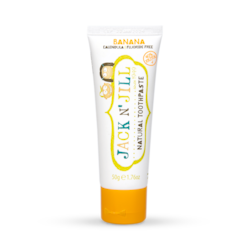
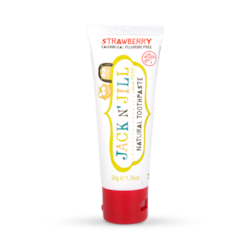
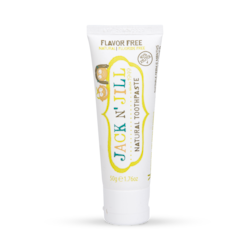
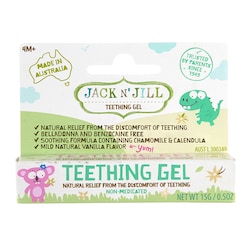
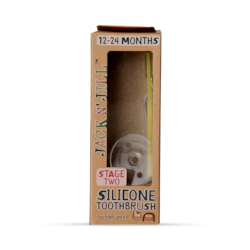
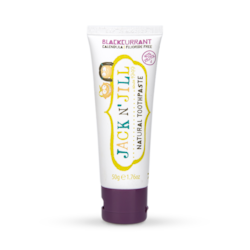
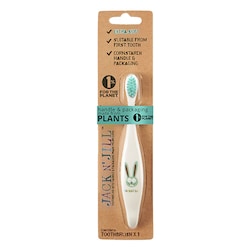
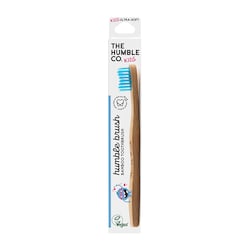
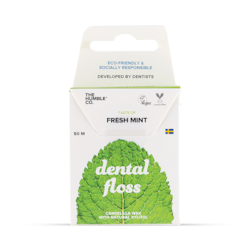
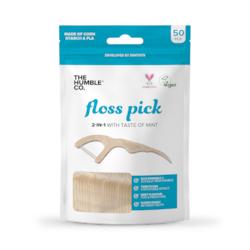
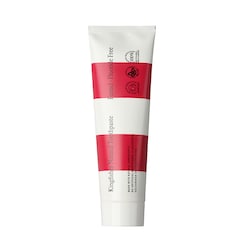
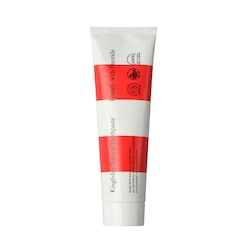
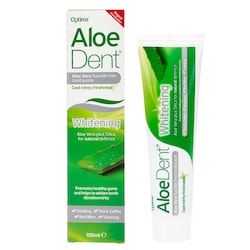
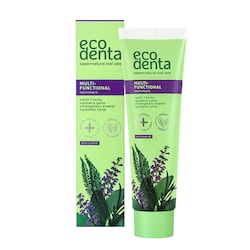
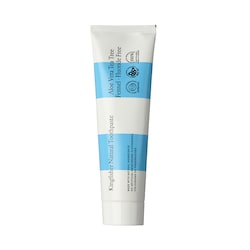
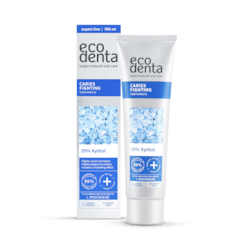
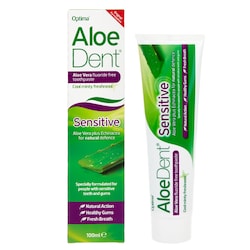
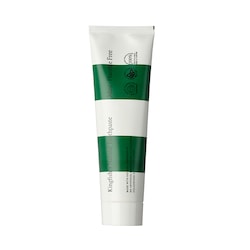
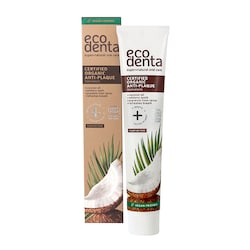
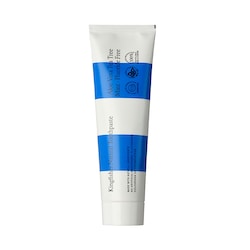


.png)










